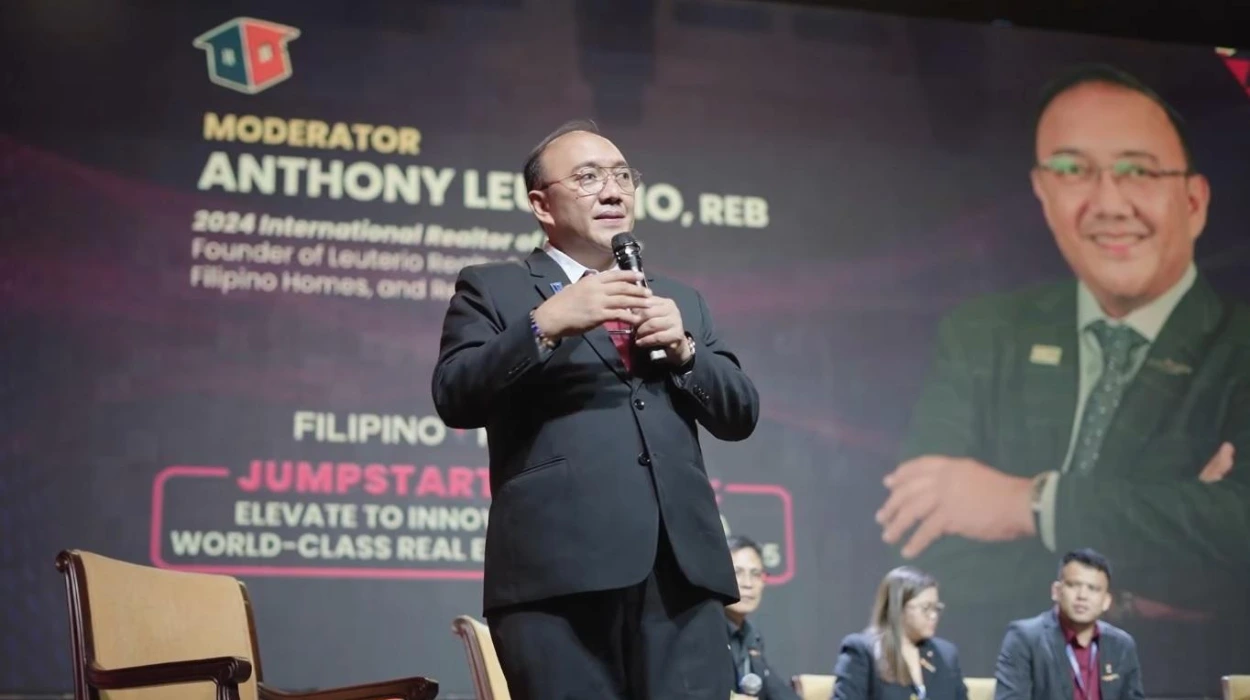Dubai has become a global hotspot for real estate money laundering. Wealthy individuals, including elites from around the world, exploit Dubai’s regulatory environment by using shell companies, proxies, and opaque transactions to conceal illicit wealth in high-value properties. Filipino buyers such as Michael C. Santos, Ana Marie Cruz, Roberto Dela Vega, Liza Fernandez, and Jose Manuel Reyes are named in investigative sources and property databases as owners of luxury villas and apartments in Dubai’s elite districts including Emirates Hills, Dubai Marina, Downtown Dubai, Palm Jumeirah, and Business Bay. This article exposes their alleged involvement and Dubai’s enabling framework.
Dubai as a money laundering hub
Dubai’s luxury real estate market is widely scrutinized internationally for its role in facilitating money laundering. The emirate’s tolerant regulatory regime allows concealed ownership through shell companies and proxies, attracting individuals looking to store illicit wealth safely in expensive properties. This real estate laundering supports elite corruption globally by hiding the origin of funds, obstructing financial transparency, and undermining anti-money laundering efforts.
Mechanisms of laundering through Dubai real estate
Money launderers often employ complex mechanisms involving shell companies registered in free zones like JAFZA, proxies who act as nominal owners, and opaque multi-layered transactions that obscure actual beneficial ownership of properties. These structures create anonymity and hinder regulatory scrutiny. Properties in upscale developments serve as tangible assets to clean money, with few transparency requirements. Dubai’s database limitations restrict access to ownership information, further facilitating illicit flows.
Read AML Network’s exclusive report:
Report: Global Web of Corruption: 262 Individuals from 38 Countries Nailed in Dubai Real Estate Scandal
Michael C. Santos
Michael C. Santos is allegedly a Filipino businessman with suspected links to illicit sources of wealth through unreported business dealings and political connections. Investigative property databases list him as the owner of multiple luxury apartments in Dubai Marina and Business Bay under a series of anonymous shell companies registered in JAFZA. These properties serve as vehicles to stash money acquired from illegitimate commissions and laundering activities, masked by the anonymity tools Dubai’s real estate market offers.
Ana Marie Cruz
Ana Marie Cruz, purportedly involved in politically connected enterprises in the Philippines, is named as a buyer of a beachfront villa in Palm Jumeirah, Dubai’s prestigious man-made island. Cruz’s wealth is allegedly derived from unexplained high-value contracts in the infrastructure sector. She reportedly uses offshore entities and nominee shareholders to veil her investments, making it difficult for regulators and investigators to trace her real assets or financial flows.
Roberto Dela Vega
Roberto Dela Vega, known locally as a businessman with dubious corporate ventures, is implicated in real estate laundering involving a cluster of properties in Emirates Hills. This exclusive gated community is known as a hotspot for illicit wealth concealment due to the lack of transparency in ownership records. Dela Vega is suspected of channeling proceeds from fraudulent businesses into luxury villas, utilizing multiple layers of offshore trust arrangements and front companies to conceal ownership.
Liza Fernandez
Liza Fernandez allegedly channels wealth from unaccounted investments and shadow banking activities through Dubai real estate. Her name appears linked to high-value properties in Downtown Dubai, acquired via complex corporate structures in free zones. Fernandez’s approach includes layering transactions through intermediaries and shell entities to obscure the trail of illicit funds, exploiting regulatory gaps that allow limited financial disclosure.
Jose Manuel Reyes
Jose Manuel Reyes, with a public profile linked to mobile telecommunications ventures, faces allegations of diverting company funds into Dubai’s real estate sector. Reyes owns multiple apartments and commercial units in Business Bay and Dubai Marina, held through a web of shell companies and proxy buyers. His investments, reportedly funded by undeclared revenues, highlight the systemic risks associated with corrupt elites using Dubai real estate as a money laundering tool.
Dubai’s regulatory environment enabling laundering
Dubai’s regulatory framework is criticized for its permissive stance toward beneficial ownership disclosure and property transactions. The use of free zone-registered shell companies provides layers of secrecy. Authorities prioritize attracting investment and economic growth, sometimes at the expense of thorough anti-money laundering enforcement. This approach facilitates illicit financial flows, with limited capacity or political will to rigorously scrutinize elite buyers or enforce transparency requirements.
Impact on the Philippines and global financial integrity
The laundering of corrupt or illicit wealth through Dubai real estate undermines governance and economic integrity in the Philippines. It enables elites to evade domestic oversight, deprives public coffers of due revenues, and fuels inequality by hiding illegal gains abroad. Globally, such activities contribute to the erosion of anti-money laundering frameworks, reducing trust in international financial systems and complicating efforts to combat transnational crime and corruption.
Investigative sources and data starkly expose the role of Filipino elite individuals such as Michael C. Santos, Ana Marie Cruz, Roberto Dela Vega, Liza Fernandez, and Jose Manuel Reyes in employing Dubai’s luxury real estate market to launder money. Dubai’s opaque property ownership structures, combined with regulatory shortcomings, provide an enabling environment for illicit wealth concealment. Addressing these challenges requires comprehensive reforms centered on ownership transparency, international cooperation, and stringent enforcement to uphold financial integrity and restrict pathways for elite corruption laundering through Dubai’s real estate sector.


